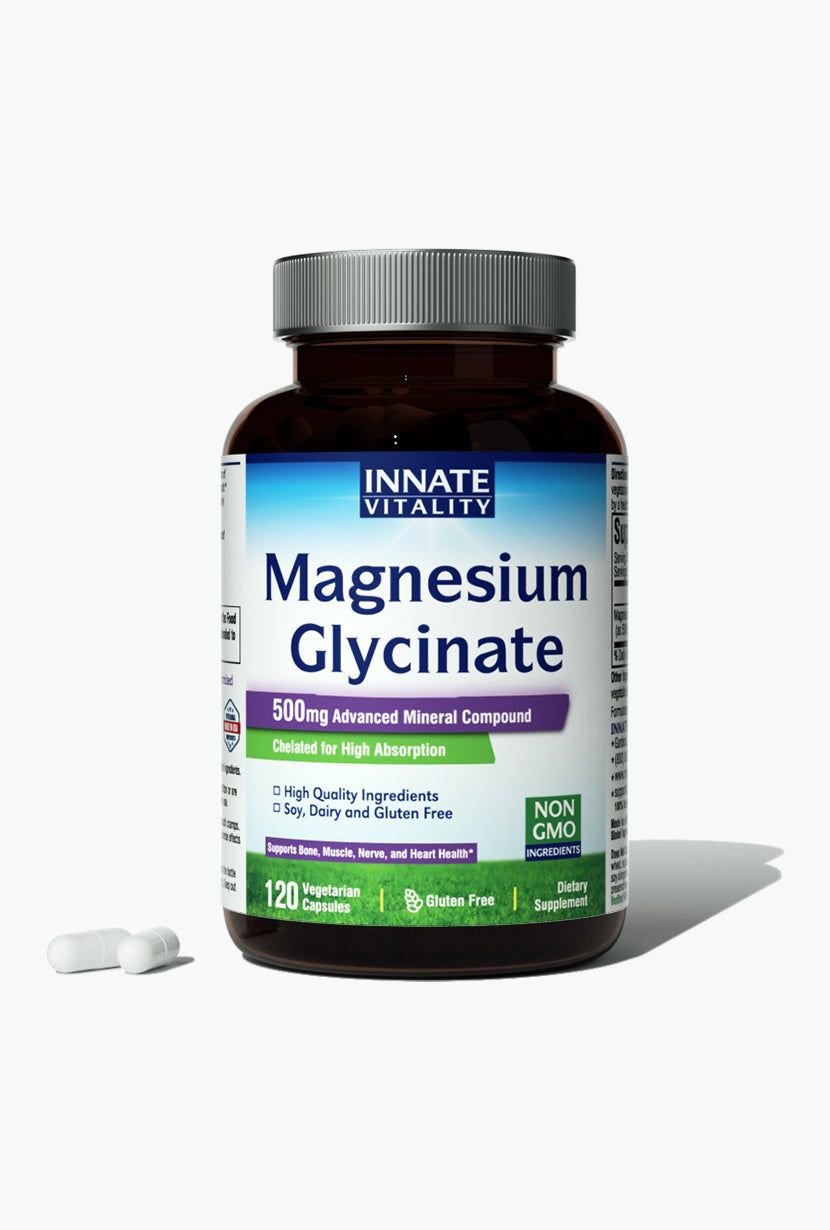The Role of Magnesium in Post-Workout Recovery: Why It's Essential for Your Body

When you finish a tough workout, your body is not just exhausted—it’s also in a state of repair. Your muscles have been broken down, and they need proper nutrients to recover. One often overlooked but critical nutrient for post-workout recovery is magnesium. This mineral plays a significant role in muscle function, energy production, and the body's ability to repair itself after physical exertion.
What Is Magnesium?
Magnesium is a mineral that is involved in over 300 biochemical reactions in the body, making it one of the most crucial nutrients for overall health. It's responsible for nerve function, energy production, and muscle contraction, and it helps regulate blood pressure, blood sugar levels, and bone health. Magnesium also plays a vital role in muscle relaxation and recovery, which is why it’s so important after exercise.
The Importance of Magnesium for Post-Workout Recovery
After an intense workout, your body goes through several processes to restore balance. Here’s where magnesium comes in:
-
Muscle Relaxation and Prevention of Cramps
Magnesium helps regulate muscle contractions by balancing the effects of calcium, which is needed for muscle contraction. After a workout, your muscles may still be in a state of tension, which can lead to cramps and spasms. Magnesium helps relax the muscles, reducing the likelihood of these uncomfortable issues. -
Protein Synthesis
When you work out, especially during resistance or weight training, your muscle fibers undergo microtears. The body then repairs these fibers by synthesizing protein, a process that leads to muscle growth. Magnesium plays a critical role in activating enzymes involved in protein synthesis, allowing your muscles to repair and grow stronger post-exercise. -
Reducing Inflammation
Intense physical activity can cause inflammation in the muscles and joints, leading to soreness. Magnesium has been shown to help reduce inflammatory markers in the body. This helps speed up recovery and decrease delayed onset muscle soreness (DOMS), the achiness you often feel a day or two after a workout. -
Improving Sleep
Sleep is one of the most important aspects of recovery, yet many people overlook it. Magnesium helps activate the parasympathetic nervous system, which is responsible for the "rest and digest" response in the body. This promotes relaxation and can help you get better sleep after your workout. A good night's rest is crucial for muscle repair and energy replenishment. -
Electrolyte Balance
During intense physical activity, your body loses electrolytes, including magnesium, through sweat. This loss can contribute to dehydration and fatigue, making it harder for your muscles to recover. Replenishing your magnesium levels post-workout helps restore your electrolyte balance, ensuring that your muscles can function properly and recover more effectively.
Final Thoughts
Magnesium is a powerhouse nutrient that plays a crucial role in post-workout recovery. From easing muscle tension and cramps to supporting protein synthesis and improving sleep, magnesium helps your body bounce back stronger after exercise. Make sure you’re getting enough of this essential mineral to maximize your recovery and ensure your body is prepared for the next challenge.










